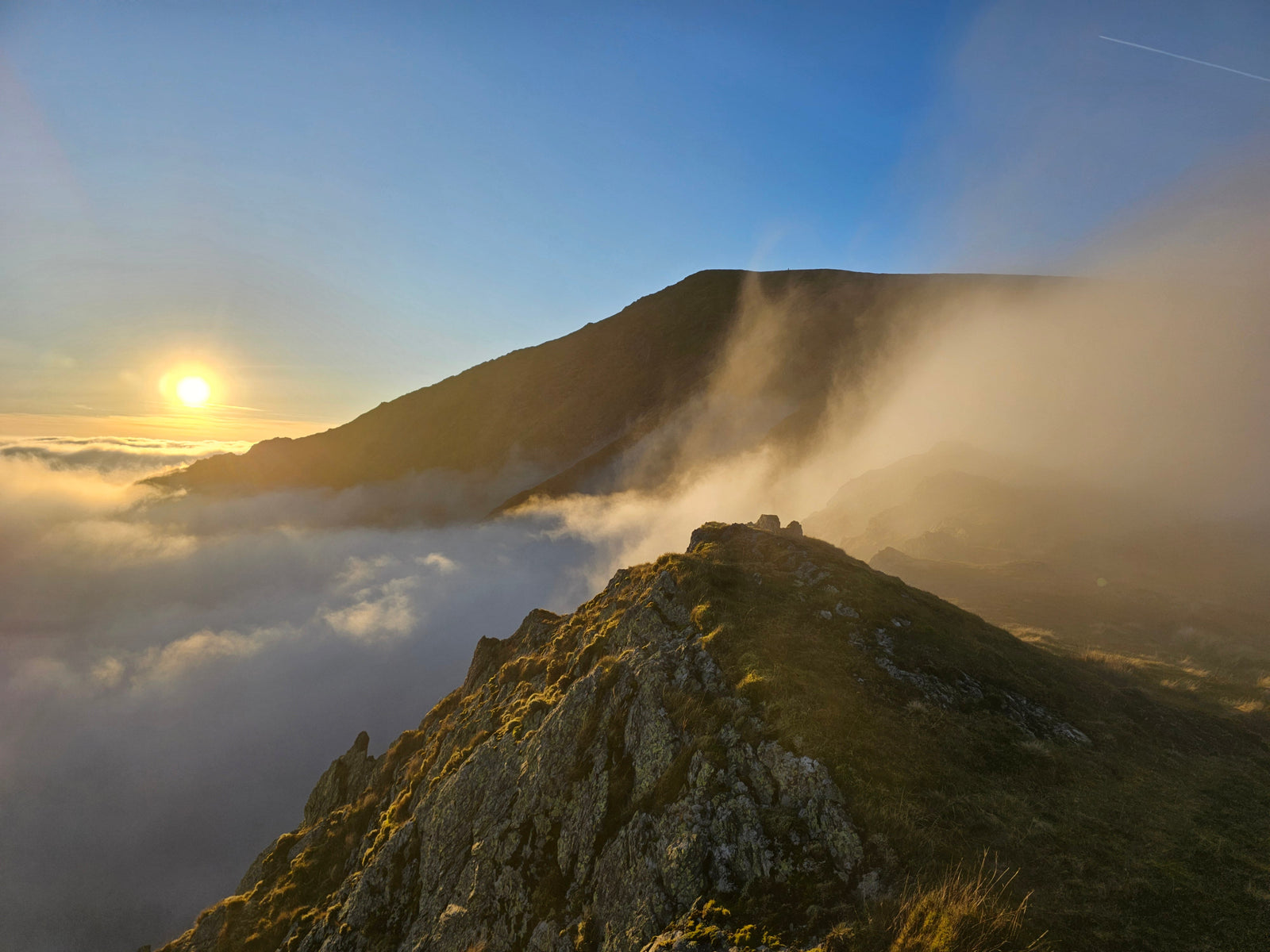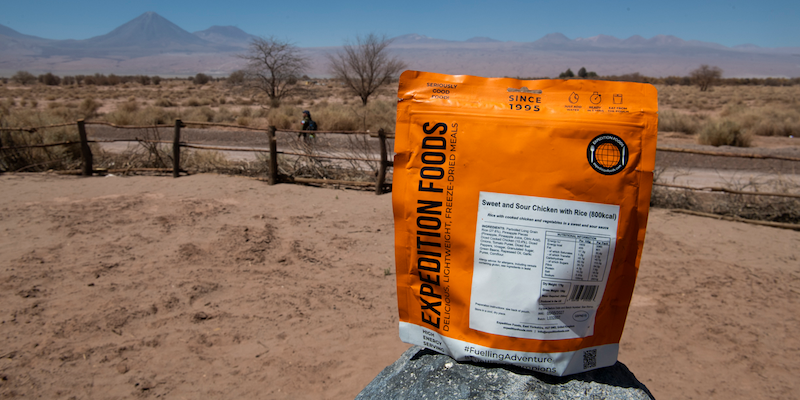-
Meals
-
Ration Packs
-
Special Diets
- Survivor Foods 25-Year Tins
-
Snacks, Drinks & Accessories
- About Us
Two-Inna-Row: Sleep, Row, Eat - Rowing an Ocean
May 16, 2023

You may remember Two-Inna-Row from our December 2022 blog post Two-Inna-Row TWAC Preparations.
On 12 December 2022, team TWO-INNA-ROW, Darryl & Sean, embarked on their challenge of a lifetime, rowing 3,000 miles over the Atlantic ocean between La Gomera, Canary Islands and English Harbour, Antigua. We talked to them about their experience.
Expedition Foods (EF): Can you summarise your journey across the Atlantic in one sentence?
Two-Inna-Row (TIR): Rowing across the Atlantic was the most physically demanding, mentally challenging and overwhelming adventure I could ever dream of taking on.
EF: Looking back, which part of training was the most useful for your row?
TIR: I found that the endless hours on the rowing machine didn’t provide the training that I though it would. It’s so different being out on the water where there are so many variables which affect your rowing, so having the constant repetitive action on the rowing machine may only have helped me to get used to having a numb bum. The thing that I did find the most beneficial was the yoga and Pilates work. And if I had to do it all again I would definitely spend more time working those elements of the training regime.

EF: What did you find the most challenging?
TIR: The most challenging part for me was the mental resilience required to keep pushing when my body wasn’t willing to carry on. There were so many times where your body just doesn’t want to anymore, and your mind takes over and pushes you through it. None more so than during the night shifts where you’re in your 2-hour sleep shifts and you need to be awake, dressed and ready to row with 10 minutes notice. And more often than not, you’re getting dressed into wet clothes and shoes, and then having to sit out in the pitch black for 2 hours and keep rowing. And it is relentless. A never ending cycle of sleep, row, eat.
EF: If boredom hit, you planned to listen to lots of music - did anything else keep you entertained?
TIR: Unfortunately we lost our internet connectivity quite early on so I lost the ability to keep listening to my Spotify playlist. But in all honesty that didn’t really bother me. I relied on music a lot less than I thought I would. I quite enjoyed being alone at night just listening to the water and the wind against the side of the boat, and I found that without music to ‘distract me’ my mind wandered a lot more and I found myself taking in the whole experience.
EF: Did you see much wildlife?
TIR: We were really lucky with the wildlife encounters. Early on we saw a few turtles nearby as well as two pods of dolphins and then there was a long period where we saw nothing. And although you are always on the lookout, it's quite disheartening not to see anything. We then had quite a large marlin stalk the boat and saw a whale about 100 yards from the boat. On one of our lowest days we had a pilot whale swim with us for about two hours, swimming around the boat and underneath us, and surfing through the swells. It was incredible. This was interrupted though by a visit from another, bigger marlin. There were two trigger fish that took up residence under the boat and they were constantly popping out to say hi. Then on our last morning at sea, while watching the sunrise, we had a pilot whale fully come out of the water and breach. Absolutely incredible.
EF: Did any of your equipment malfunction?
TIR: We thought that we had quite a big electrical issue at one point, but after quite a bit of troubleshooting we found a selector switch had been bumped into the incorrect position, and that was the cause of the problem. Then, quite close to the end, our auto helm broke. Although not critical, the autohelm was used for automatic steering to maintain a certain heading, and when that broke it meant that we lost the ability to steer an accurate course and that our steering would be manual from that point. I also managed to break an oar while diving overboard to grab the camera which had slipped over the side of the boat. Overall though, we were really fortunate that none of our other systems let us down.

EF: What was your favourite Expedition Foods meal?
TIR: By far, my favourite Expedition Foods meal was the Chicken Korma. As your tastes change you never quite know what you will end up enjoying or disliking, and I was sorry that I never took more curries. The Sweet and Sour Chicken was also a really nice change of flavour when you need something a bit different.
EF: Other than your lovely families and friends, what did you miss the most while you were rowing the Atlantic?
TIR: One thing I definitely did not miss was my email, social media and news. It was so refreshing to be away from it all. There were lots of small things that you take for granted which you miss, like putting on clean, dry clothes whenever you want. Or being able to wash yourself easily.

EF: Do you have any new insights you'd like to share with aspiring ocean rowers?
TIR: Overall, rowing an ocean is not easy. There are so many different elements that come together which make up a successful crossing. You place yourself into a high-stress environment where you need to constantly perform and overcome mental and physical fatigue, and all the while ‘live’ with other people in such a confined space for an extended period. It is not easy. And for me, my one takeaway from it all, is to just be kind. Everybody taking part is under immense pressure, and stress, and there are situations that are not familiar to you. Everybody handles these situations differently, and you choose how you want to react to them, but the thing that gets you through it all, is to just be kind. It doesn’t cost you anything, but it makes things a lot more bearable.
Also in Stories

In Praise of the Calorie
February 13, 2025
Norman Hadley on eating in the outdoors, and why he keeps coming back to Expedition Foods.

Jacob Myers’ Surreal Journey to Antarctica
January 23, 2025
Jacob Myers recounts his surreal journey to Antarctica, fuelled by Expedition Foods.

Government Recommended Emergency Kit
November 21, 2024


